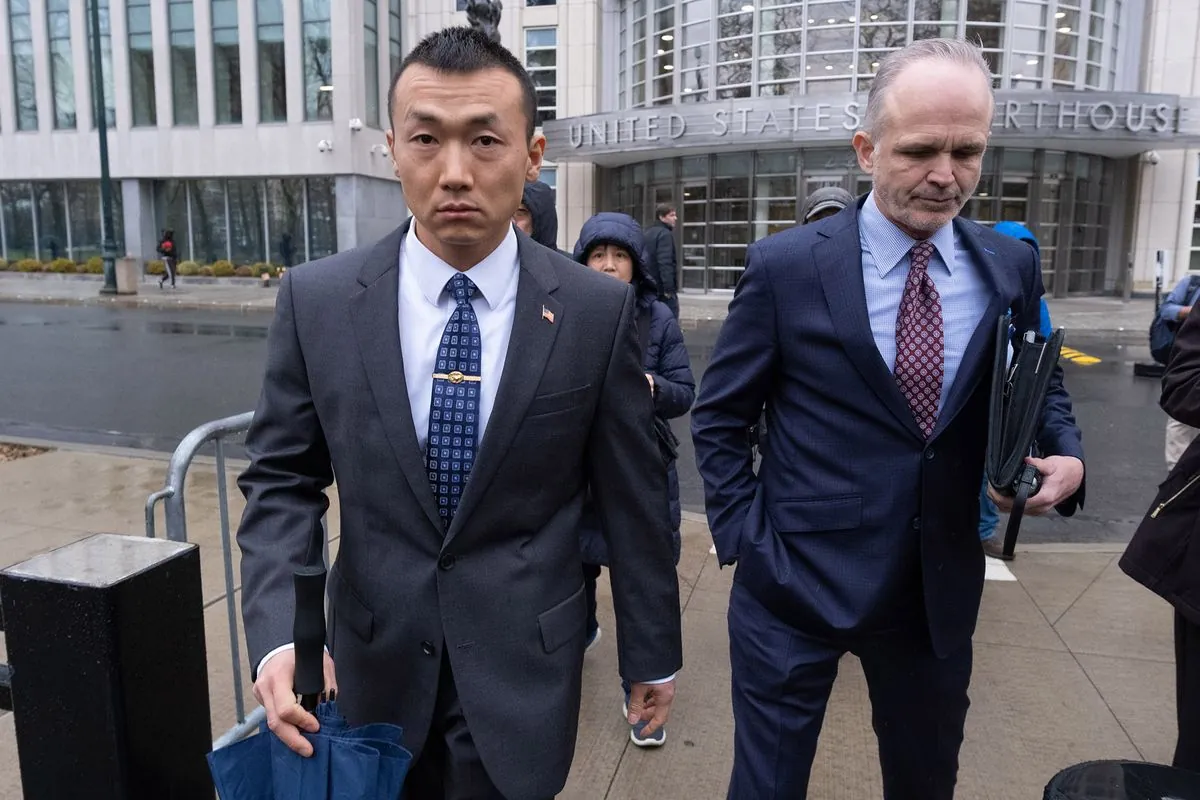Wang Shujun, a naturalized US citizen, has been convicted of illegally acting as a foreign agent for China. The verdict, delivered by a jury in Brooklyn federal court, found Wang guilty on four counts, including failing to notify the US attorney general of his activities and providing false statements to authorities.
Prosecutors argued that Wang, who emigrated to the United States in 1994, presented himself as a staunch opponent of the Chinese Communist Party to gain the trust of various activist groups. These included Hong Kong pro-democracy supporters, advocates for Taiwanese independence, and campaigners for Uyghur and Tibetan rights.
The case highlights the complex nature of modern espionage and the challenges faced by law enforcement in combating transnational repression. The US Department of Justice has intensified its efforts to address such activities, which can involve surveillance, intimidation, and even attempted repatriation or harm to dissidents abroad.
"He was living a double life. That double life has now been revealed."
Wang's defense attorney, Zachary Margulis-Ohnuma, argued that his client's interactions with Chinese intelligence officials were aimed at promoting social change, not assisting the regime. However, the jury ultimately rejected this interpretation.
The conviction of Wang is part of a broader trend in US law enforcement's approach to foreign influence operations. In 2023, a former New York City police sergeant was found guilty of acting as a Chinese agent, demonstrating the diverse tactics employed in transnational repression efforts.
Four Chinese intelligence officers, believed to be Wang's handlers, have also been charged but remain at large, presumably in China. This aspect of the case underscores the international dimensions of such investigations and the challenges in bringing all involved parties to justice.
The case of Wang Shujun raises important questions about the nature of citizenship, loyalty, and the complexities of international relations in an era of global connectivity. It also highlights the ongoing tensions between the United States and China, which have been exacerbated by various geopolitical and economic factors in recent years.
As the US continues to grapple with issues of foreign influence and espionage, cases like Wang's serve as a reminder of the need for vigilance and the importance of protecting vulnerable communities from transnational repression efforts.
